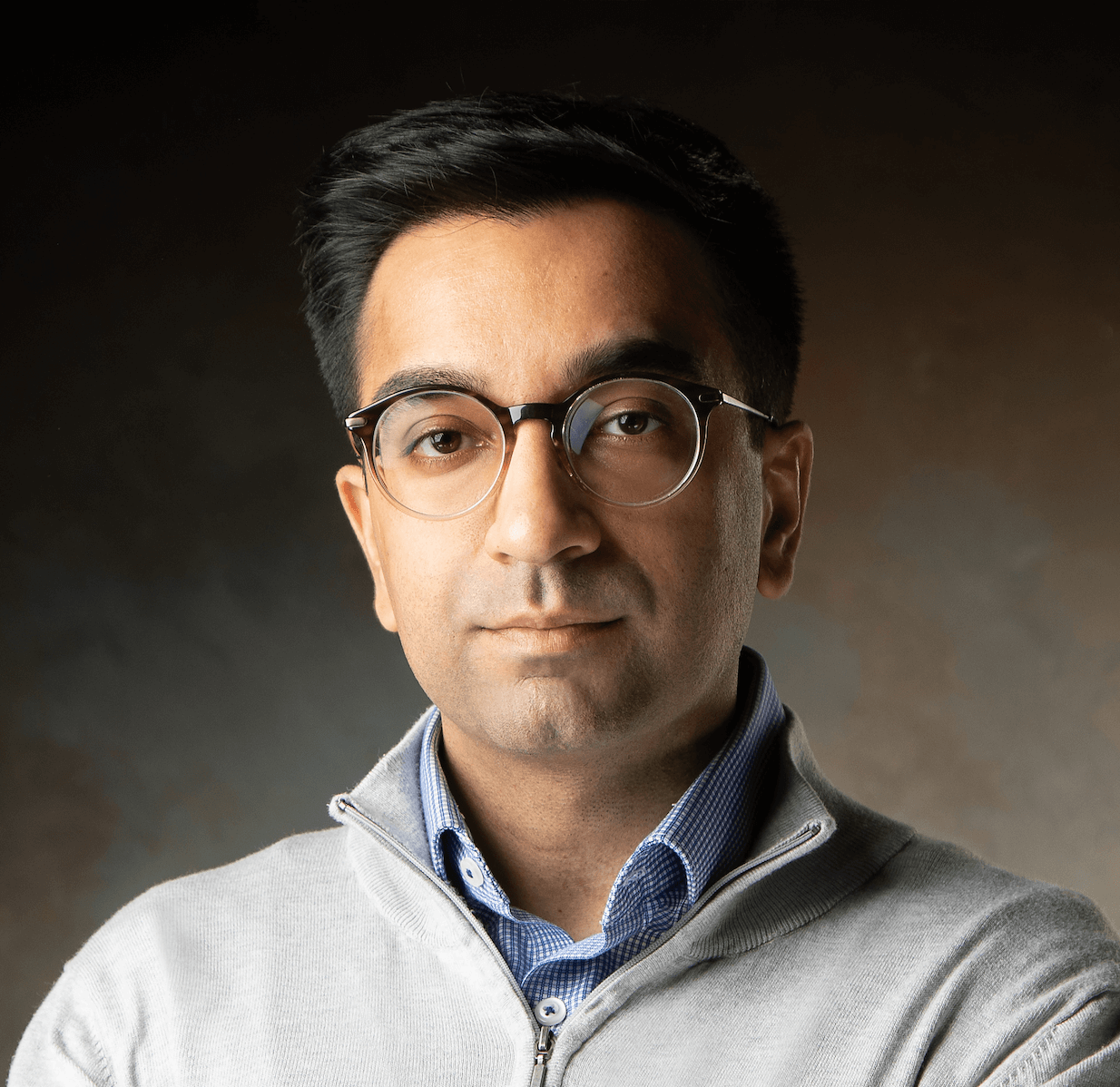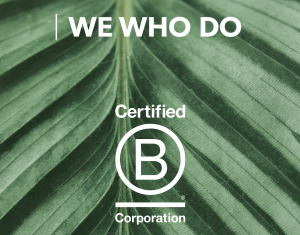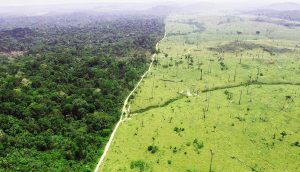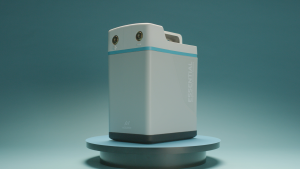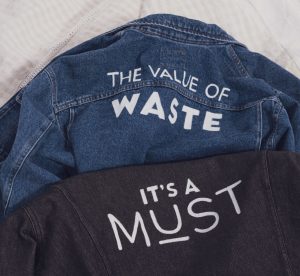The future of transport is becoming automated. From self-driving cars to the introduction of advanced GPS tracking delivery systems, the outdated public transport operations systems are now becoming obsolete.
Read on for the top four ways that technology is changing the transport industry.
1. Drones
Drones are rapidly becoming part of contemporary logistics and transport systems. Drones are being used to scout rural areas for transport and rail upgrades, and to monitor real-time conditions and traffic.
Drones are equipped with advanced cameras and tracking systems which allows them to provide updates in real time, which reduces the need for costly human resources.
2. Communication systems
Advanced technology that is being implemented into current public transport vehicles is changing the way that services operate. New technologies are allowing drivers to receive real-time information about upcoming conditions, traffic and even the weather.
The communications systems allow drivers and operators to communicate with each other in a way that wasn’t previously possible, and this communication is proving to make commutes safer and more efficient.
3. Automated transport
Although self-driving cars are still in their infancy stage of release, automated public transport services are also on the horizon.
Automated trains, buses and even cars will feature laser detection, advanced camera technology, radars and 3D mapping. These features will streamline services and prove safer than human-operated services as they will be able to mechanically calculate risk and remove the possibility of human error.
4. Repairs
Remote diagnostics technologies will allow the conditions of public transport vehicles to be monitored more efficiently.
This technology will promote timely repairs and will reduce the chance of there being any safety hazards that may go undetected.
Technology is changing the public transport industry for the better. The constant upgrades and evolving innovative additions will mean that transport networks will be safer for commuters and workers, that services will run more smoothly and that infrastructure and transport vehicles will be safer.

